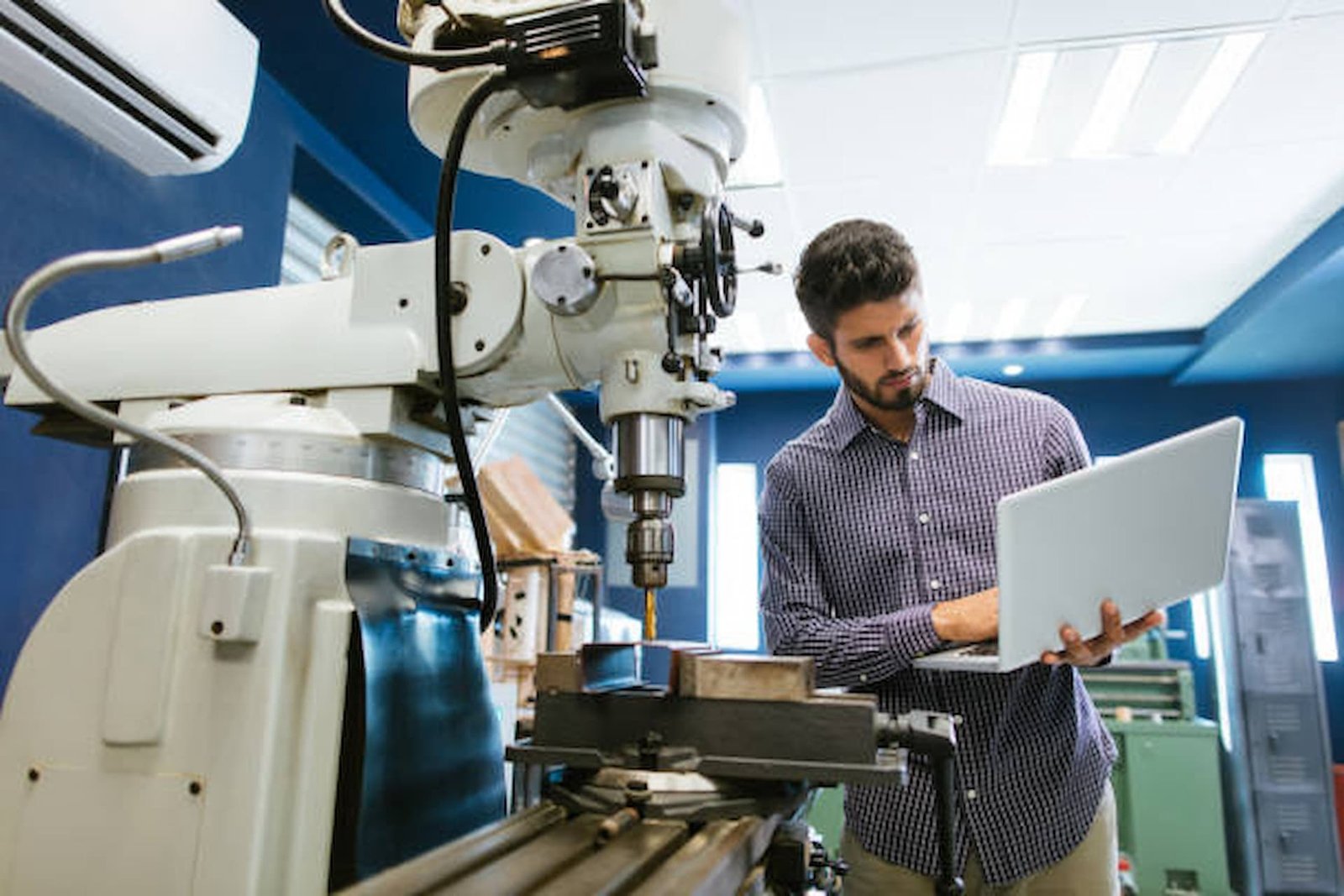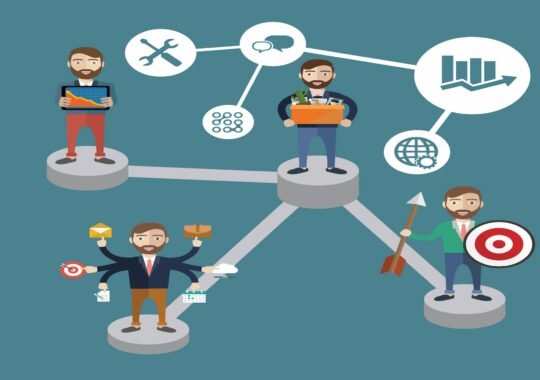Key Takeaways
- Advanced manufacturing is reshaping numerous industries by integrating cutting-edge technology and innovation.
- Workforce preparation involves honing technical skills, problem-solving abilities, and adaptability.
- Using resources and continuous learning is crucial for staying relevant in the rapidly evolving field of advanced manufacturing.
- Understanding the broader impact of advanced manufacturing on global economies can enhance strategic business decisions.
The Current State of Advanced Manufacturing
In the current swiftly changing industrial environment, advanced manufacturing leads the way in innovation and efficiency. The combination of advanced technology and traditional manufacturing methods is changing product creation and fundamentally reshaping entire business operations and strategies. This integration has significantly improved production speed, cost efficiency, and product quality. As industries globally shift towards more sophisticated methods and techniques, the demand for advanced manufacturing skills grows exponentially.
Advanced manufacturing is not merely about embracing new technologies; it’s a paradigm shift that challenges traditional manufacturing mindsets. This shift demands a workforce proficient in technical skills but also adaptable and forward-thinking. Industries are transforming at an unprecedented pace, partly due to the infusion of innovative technologies like artificial intelligence and automation into manufacturing processes. This evolution points towards the importance of continuously upskilling, as an article on Forbes emphasizes. The article highlights how these trends are reshaping the future of manufacturing and urges professionals to stay current on industry innovations.
Essential Skills for Success
Workers need more than just basic mechanical skills to succeed in advanced manufacturing. Today’s job descriptions often require a multi-faceted skill set that blends technical knowledge with soft skills. This blend includes:
- Technical proficiency: Mastery over new machinery, digital tools, and platforms is at the forefront of modern manufacturing technologies. This encompasses understanding everything from robotics to specialized software used in automating processes.
- Problem-solving: As technology becomes more intertwined with manufacturing, unanticipated challenges become more common. The ability to identify issues quickly and find innovative solutions is invaluable.
- Collaboration: Manufacturing today often involves cross-functional teams. Effective communication and collaboration skills ensure seamless operation and innovation. Teams need to work cohesively to bring complex projects to fruition.
- Continuous learning: The manufacturing industry is evolving rapidly. Those who engage in lifelong learning and professional development stay ahead. This may involve formal education, online courses, or industry conferences.
The Role of Education and Training Programs
Education is a crucial pillar supporting the development of skilled professionals in the advanced manufacturing sector. It’s not just about acquiring information; it’s about transforming knowledge into practice. Those aiming to thrive in this dynamic environment can benefit significantly from tailored manufacturing courses to cultivate the necessary competencies to excel in such a rapidly changing field. Through structured training programs that blend theoretical education with hands-on experience, professionals can acquire comprehensive skill sets that address the needs of modern manufacturing environments. These programs are fundamental in reducing the skills gap in today’s workforce. By prioritizing continuous learning and industry-specific training, these educational initiatives offer invaluable resources for those looking to keep pace with technological advancements.
A news release by the US Department of Education emphasizes the diversity of educational pathways available. These pathways ensure that learners are equipped with the necessary skills and knowledge base to navigate the complexities of today’s manufacturing sector. They underscore the importance of developing abilities beyond the technical, including strategic thinking and innovation.
Adapting to Technological Changes
Integrating new technologies such as the Internet of Things (IoT), Artificial Intelligence (AI), and robotics marks a pivotal shift in the manufacturing landscape. These technologies are not just add-ons; they fundamentally redefine the processes and outcomes within manufacturing. The ability to understand and apply these technologies effectively can distinguish highly competitive businesses from the rest. Technical expertise allows manufacturers to streamline operations, cut costs, and improve product quality, thereby enhancing overall productivity and competitiveness in the market.
Global Impact of Advanced Manufacturing
Advanced manufacturing’s impact is felt globally, influencing local economies and international markets. It serves as a key driver for global economic growth and competitiveness. Nations that enhance their manufacturing capabilities through technology and skills development can achieve excellent financial stability and growth. This global impact is a strong motivation for nations to invest in the future of production, guaranteeing they stay competitive and significant in a swiftly evolving environment.
Industry Case Study
Consider a mid-sized manufacturing firm implementing state-of-the-art automation solutions to optimize production processes. By investing in advanced technology and comprehensive employee re-training, the company increased its production efficiency by 30% and improved its product quality and consistency. This real-world case study underscores the remarkable benefits of marrying technological advancements with targeted skill development programs. It exemplifies how businesses can reap significant returns on investment through thoughtful integration of technology and workforce training.
Future Prospects and Challenges
The future of the manufacturing sector is both promising and challenging. While opportunities for innovation and growth are abundant, sectors must also navigate challenges such as economic volatility and the pressing need for sustainable practices. Industries that prioritize the development of a skilled, adaptable workforce and invest in cutting-edge technologies will set themselves apart in the competitive landscape. Cultivating a culture of continual learning and openness to innovation will be crucial in harnessing future opportunities and overcoming inevitable challenges.





